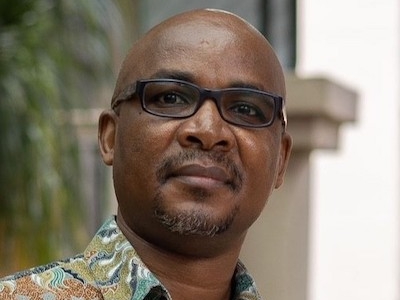The use of regulation to silence charities in Australia’s political arena is an increasingly important issue. The charity brand – with its broad public trust and ability to activate passionate, grassroots volunteers and utilise social media – is the envy of politicians who are hampered by legacy political parties that have little trust, few members, low funding and perceived remoteness from the community.

Read Myles McGregor-Lowndes’ article from 2020: “The Spectacular Tale of a Crowdfunder Gone Wrong: Lessons for Canada from Australia.”
A series of tax court rulings enabled Australia to break free from the assumption in English law that advocacy couldn’t be charitable. This assumption was replaced with reasoned and modern jurisprudence that was enshrined in legislation. However, political forces unrelentingly seek to curb the voice of charities using other points of regulation – most recently, by using protest laws, as well as electoral laws for third party and foreign funding registration. These new administrative-based restrictions are often not open to judicial or other effective scrutiny. They draw upon the general public’s beliefs about foreign state influence in domestic electoral laws, or about civil disobedience possibly leading to community inconvenience or perhaps anarchy. And they draw upon public misconceptions about charities and their supposed role as passive handmaidens applying balm to society’s deserving poor, relying on virtuous volunteers and the funds that magically flow into charity coffers – ignoring any need for organizational reserves, paid staff, fundraisers or speaking their missional truths to power. Such misconceptions provide fertile ground to discredit any “pretender” who doesn’t fit the mould.
The role of charities in a liberal democracy has never been more important. They need to be trusted and facilitated, not because of ‘Lady Bountiful’ narratives but because of their authentic expression of the positive values of civil society in a pluralist political environment.
On so many levels, the public trust that the charity sector enjoys is critical to each organization’s ability to achieve its mission. Whatever is required to protect the public voice of charities is a sector responsibility. But the task will fall to engaged individuals, specific organizations and coalitions of interest.
Myles McGregor-Lowndes is Emeritus Professor at The Australian Centre for Philanthropy and Nonprofit Studies, QUT Business School, Queensland University of Technology. McGregor-Lowndes is on LinkedIn. (Photo of road in Australia is courtesy of Joshua Hibber and Unsplash.)
Click for next story in the Asia-Australia policy series.
Sign up for PANL Perspectives' free, monthly newsletter
Wednesday, May 19, 2021 in Asia-Australia
Share: Twitter, Facebook
 By
By 


